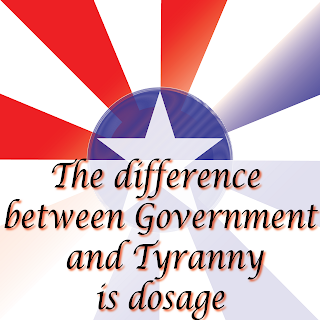
Today, we hear the name Adam Smith and envision a stuffy old economics professor droning on about various econometrics. You may think of a powdered wig from the late 1700's, or a thick book that is far too imposing to actually read. We forget that economics is the study of free markets. Adam Smith's rail against big government-big business collusion is what Karl Marx calls "Capitalism", so it is difficult to label him an economist. It is like labeling Jesus a Christian.
Adam Smith was a moral philosopher brought up in a Judeo-Christian system. He wanted to find a way for the poor to rise up through a westernized, Judeo-Christian moral system. That free market system is what we study in economics today as "Capitalism."
Theology is not my strongest suit, but the parallels between the fundamental tenants of Christianity and Capitalism are clear. The government promotes certain aspirational goals by setting the legal and regulatory framework for free markets much like a Church dictates which virtues are most valued. Furthermore, the individual Capitalist's unique perspective allows him or her to provide value to the community which is very similar to an individual's "soul" in religion.
Capitalism's strongest moral sentiment is against the collective and for the individual. Governments and big businesses grow detached from morality as individual choices become detached from the ability of the community to admonish bad behavior by individuals within the system. As more immoral and illegal behavior can be blamed upon "systemic policy," the more out of control the entity becomes. For this reason, Adam Smith's moral philosophy relies upon the failure of "too big to fail" entities to provide opportunity to the moral individual through "creative destruction." It sounds like the story of the Great Flood to me.
(This was written as a example submission to a popular San Diego news media outlet.)











1 comment:
This is such an insightful take on Adam Smith, it’s easy to forget that his ideas were rooted more in philosophy and human behavior than in modern economics. His perspective still resonates today, especially for those involved in entrepreneurship and the practical realities of buying and selling businesses. It reminds me how important it is for business brokers in Miami and beyond to understand not just numbers, but also the motivations and values that drive people to create and trade. Really enjoyed this reflection!
Post a Comment